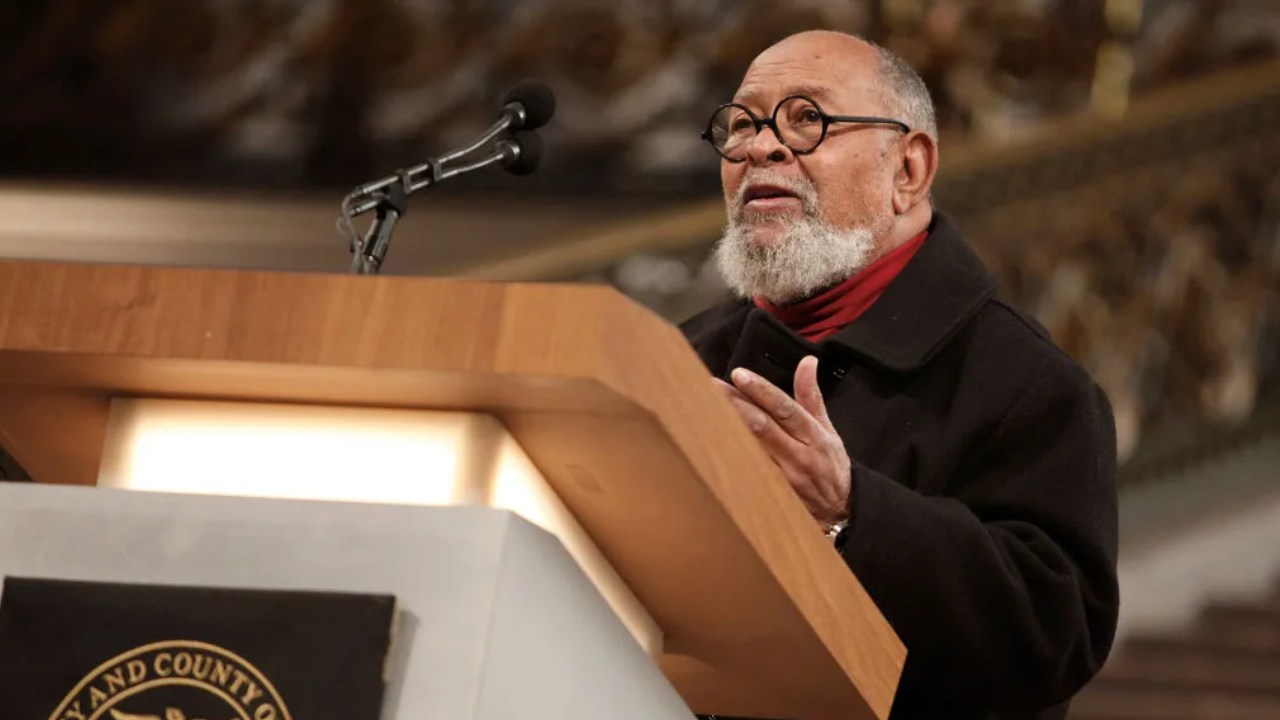The San Jose City Council on Tuesday evening voted to place a pension reform measure on the June 2012 ballot.
The council voted 6-5 to move forward with Mayor Chuck Reed's controversial proposal. In addition to Reed, Vice Mayor Madison Nguyen and council members Pete Constant, Sam Liccardo, Pierluigi Oliverio, and Rose Herrera voted in favor of moving forward with the ballot measure.
"We know that if left unchecked, we'll continue to see rising pension costs," Constant said. "We have the opportunity to make structural changes, make savings we can count on going into the future."
The council deferred action on a fiscal emergency declaration.
About 45 people, mostly city employees and retirees, addressed the council during a three-and-a-half-hour discussion on the proposal. They urged the council to use collective bargaining to resolve pension issues rather than declare a fiscal emergency or place a measure on the ballot.
They said the measure is illegal and could cost the city hundreds of thousands of dollars in legal fees if it passes.
Earlier in the afternoon, dozens of city workers and their supporters held a rally at City Hall in opposition to the ballot measure proposal.
Local
"We do not have a fiscal crisis in San Jose, we have a leadership crisis," said Cindy Chavez, executive officer of the South Bay Labor Council.
Council members Xavier Campos, Nancy Pyle, Don Rocha, Ash Kalra and Kansen Chu voted against the proposal.
"Why would we decide something now when we have the opportunity for at least three months to negotiate?" Campos said.
Last week, the police and fire retirement board's independent actuary announced that the city overestimated pension costs in the next budget by about $52 million.
Liccardo noted that while the new projections would reduce next year's budget shortfall, the city is still likely to face a $25 million deficit.
Reed announced a proposal to declare a fiscal emergency in May, saying it would rein in "skyrocketing" retirement costs and help the city avoid further service reductions and layoffs of hundreds of workers, including police officers and firefighters.
Declaring a fiscal emergency would give the city leverage to unilaterally alter the benefit plans of San Jose employees and retirees.
San Jose has billions of dollars in unfunded liabilities for retirement benefits. The city's annual retirement costs have increased from $63 million in 2000 to $250 million this year.
The annual costs are projected to rise to $400 million by 2016, and could be closer to $650 million after actuarial adjustments.
Reed's proposal calls for setting limits on retirement benefits for new employees and retirees, but the ballot measure would not reduce payments to current retirees or cut accrued benefits that employees have earned for the past five years of service.
The most recent version of the ballot measure includes reforms such as placing new employees into a lower-cost, hybrid retirement plan and giving current employees the option to either keep their current retirement plan by paying a larger share of the cost or switching to a lower-cost plan.
Other elements of the measure include giving the council the ability to temporarily suspend cost-of-living increases for retirees during a fiscal and service level emergency.



